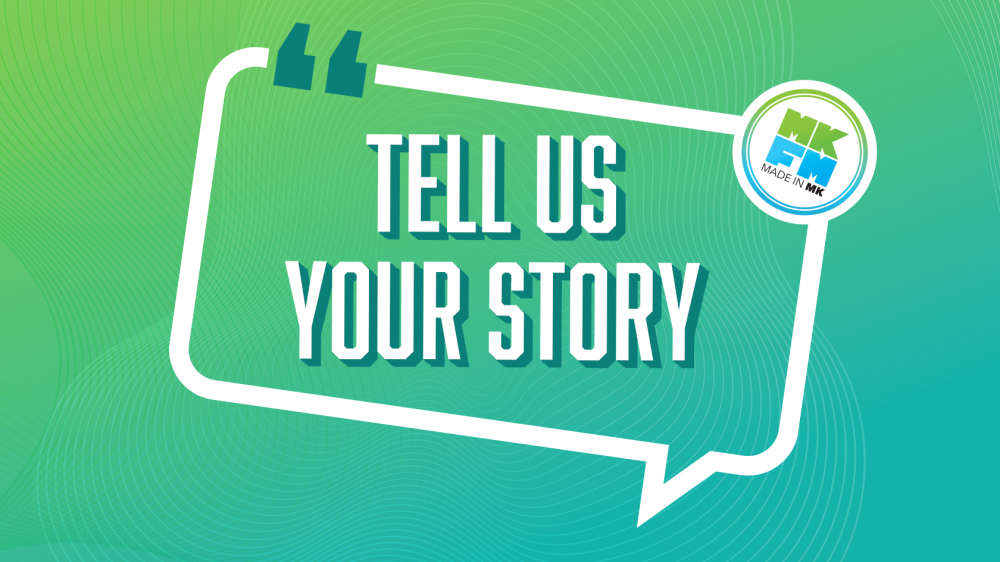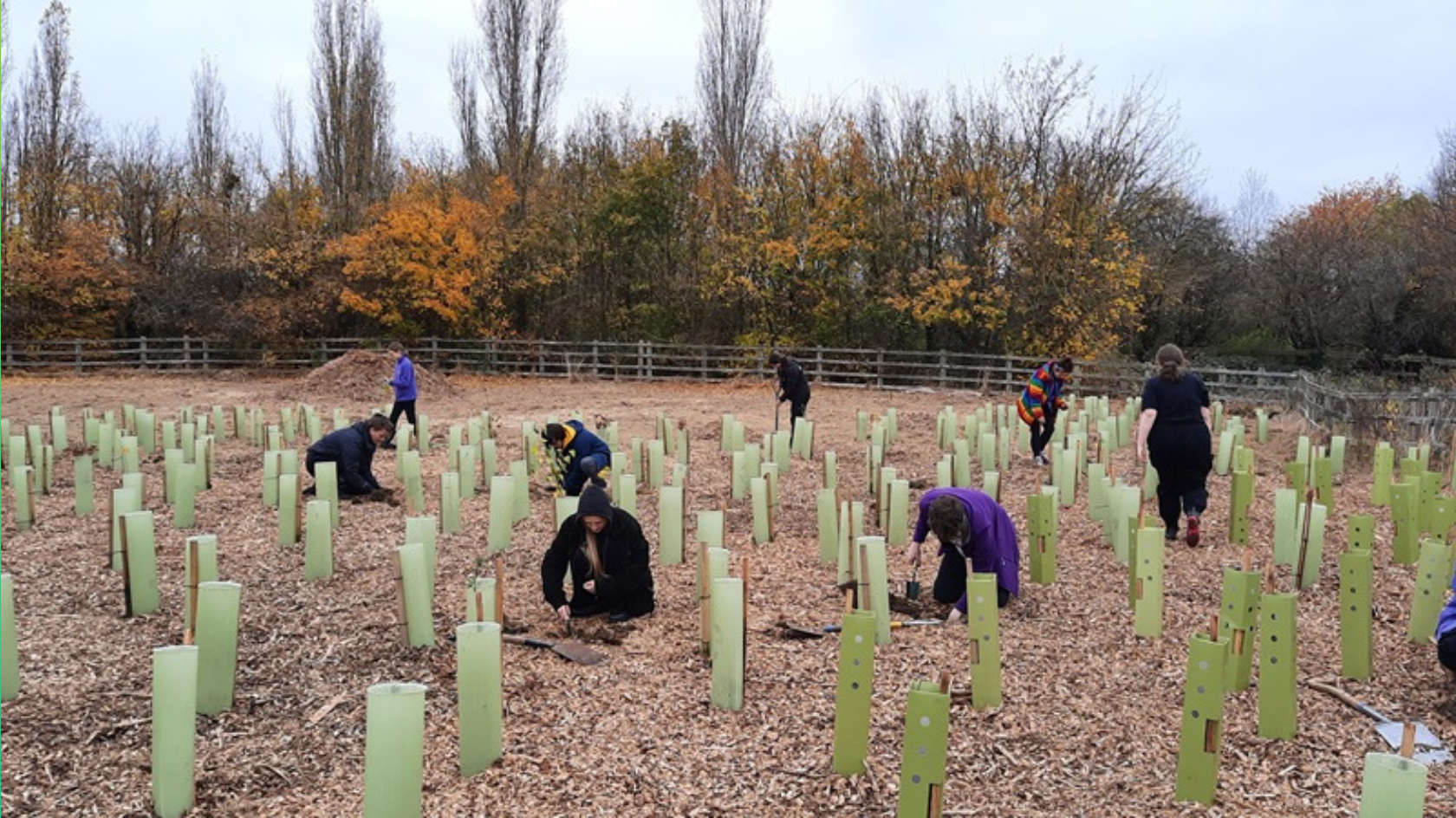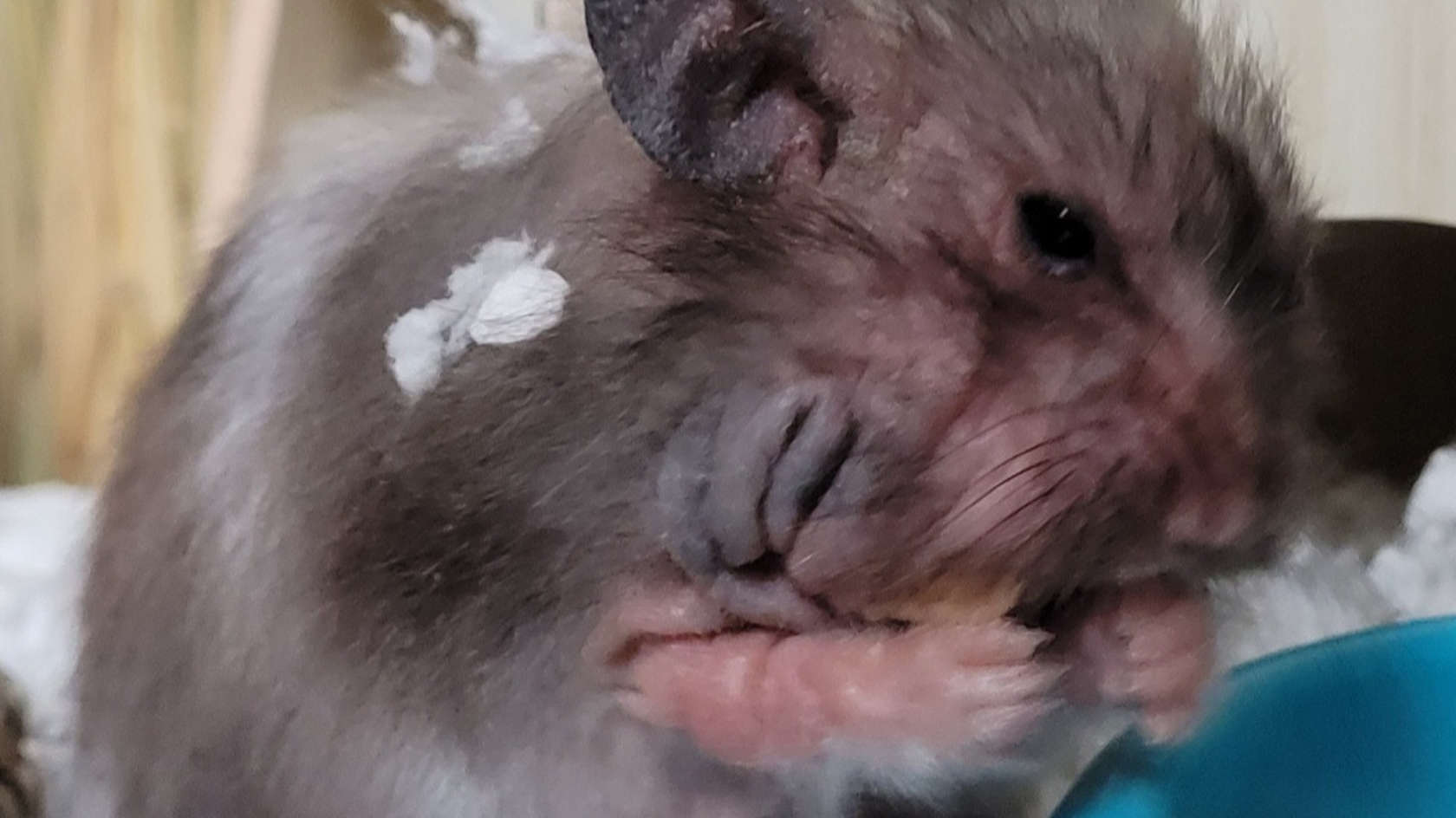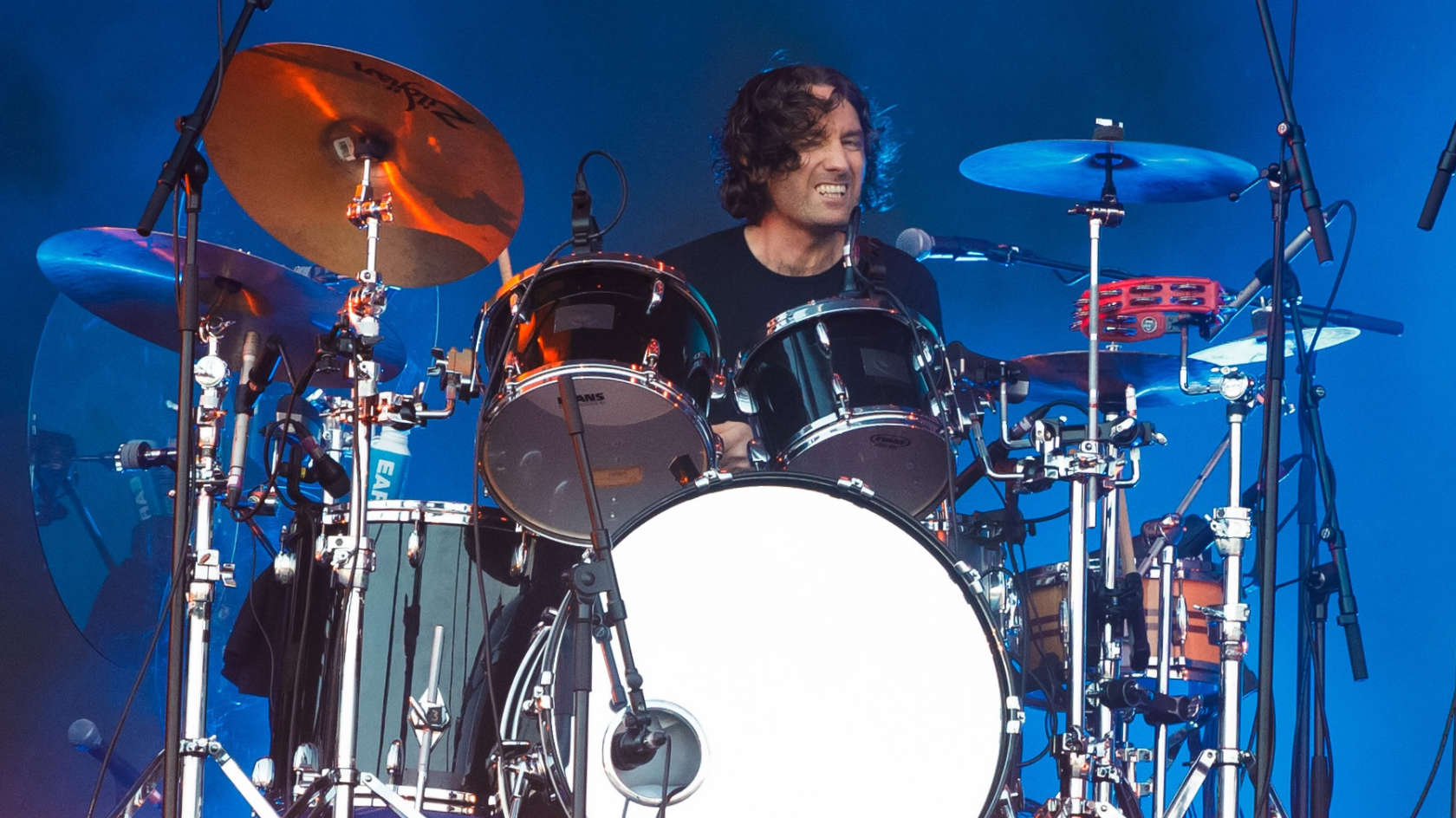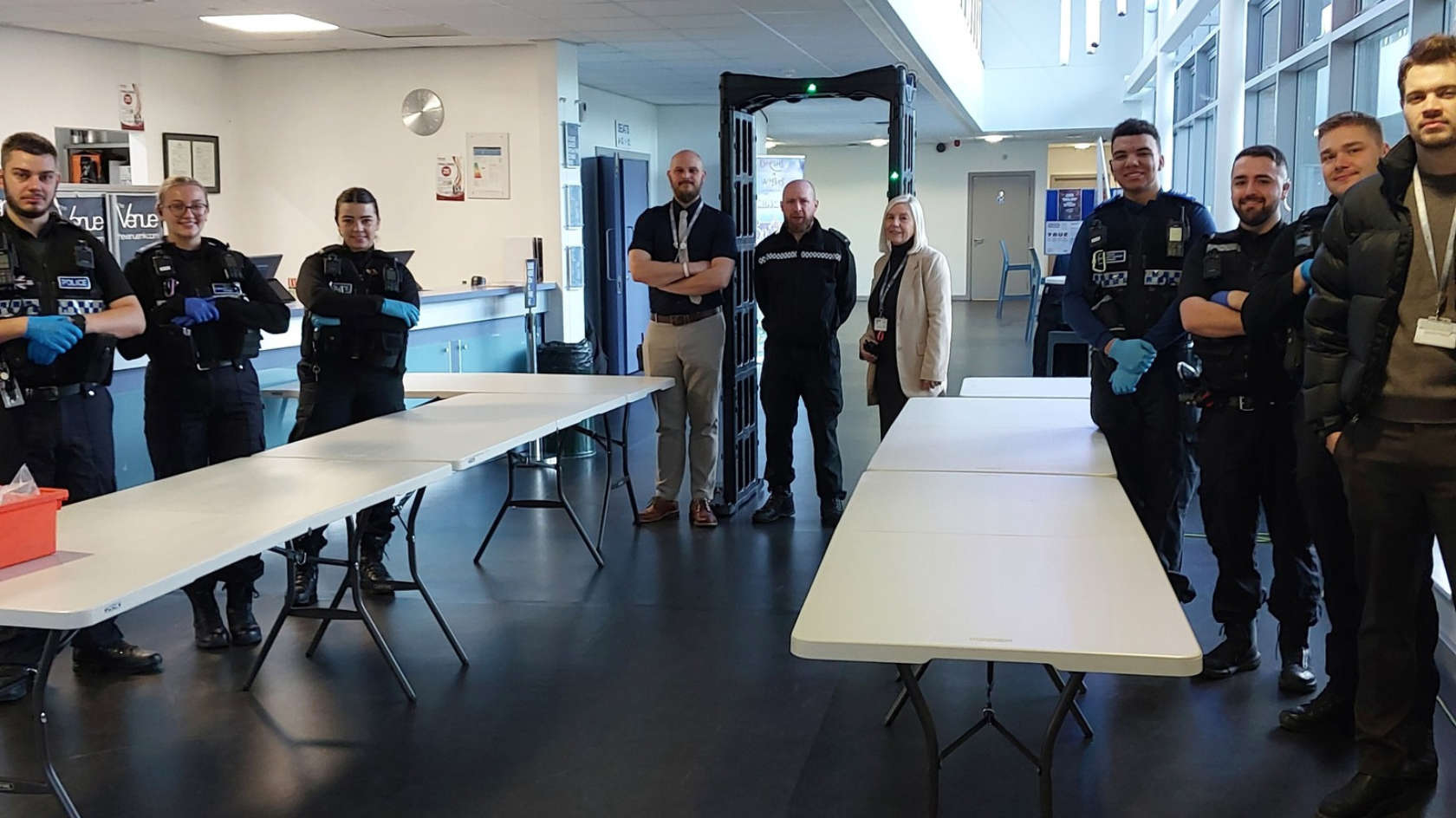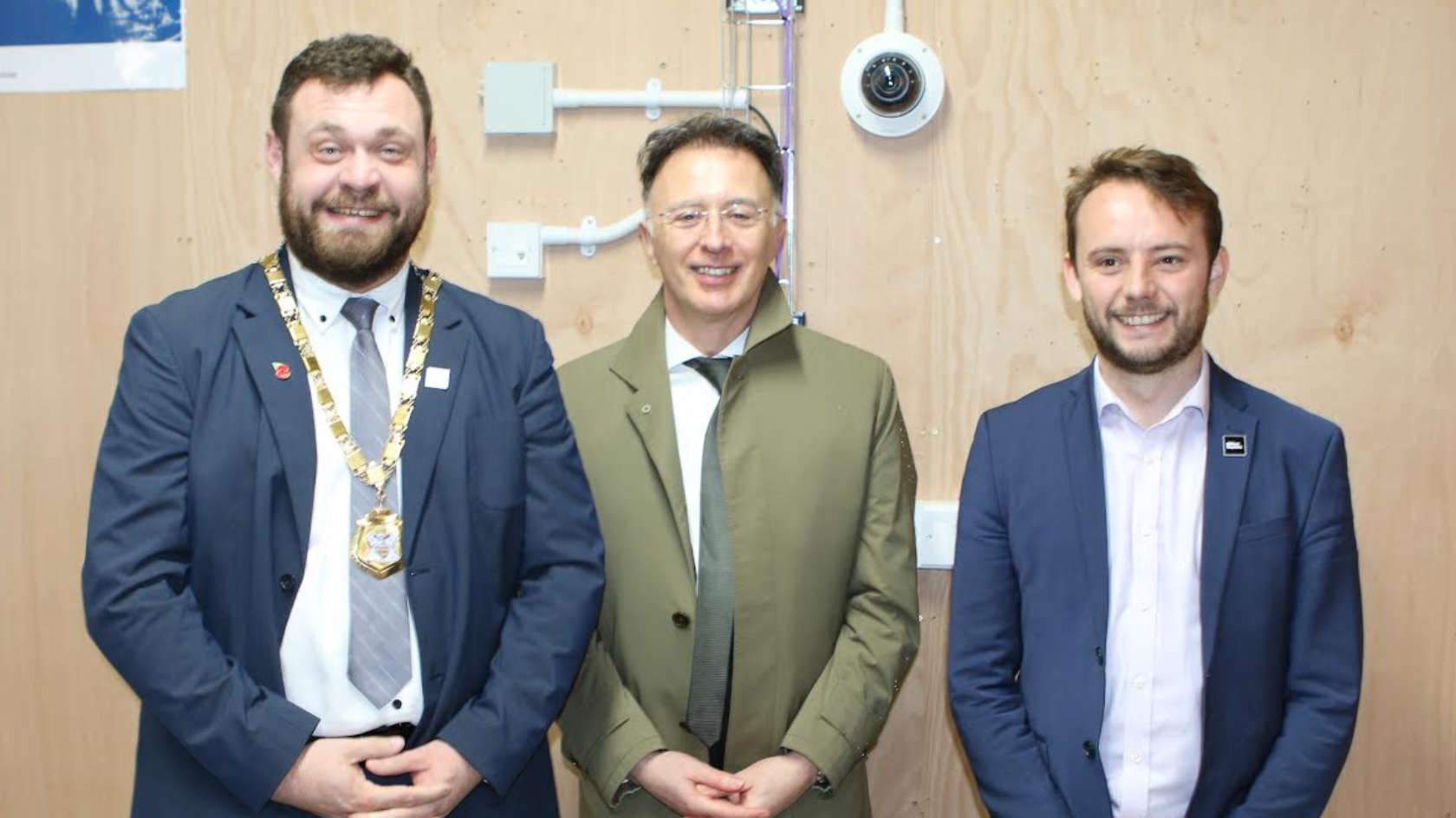The novel has survived the industrial revolution, radio, television, and the internet. Now it's facing artificial intelligence - and novelists are worried.
Half (51%) fear that they will be replaced by AI entirely, according to a new survey, even though for the most part they don't use the technology themselves.
More immediately, 85% say they think their future income will be negatively impacted by AI, and 39% claim their finances have already taken a hit.
Tracy Chevalier, the bestselling author of Girl With A Pearl Earring and The Glassmaker, shares that concern.
"I worry that a book industry driven mainly by profit will be tempted to use AI more and more to generate books," she said in response to the survey.
"If it is cheaper to produce novels using AI (no advance or royalties to pay to authors, quicker production, retainment of copyright), publishers will almost inevitably choose to publish them.
"And if they are priced cheaper than 'human made' books, readers are likely to buy them, the way we buy machine-made jumpers rather than the more expensive hand-knitted ones."
Why authors are so worried
The University of Cambridge's Minderoo Centre for Technology and Democracy asked 258 published novelists and 74 industry insiders how AI is viewed and used in the world of British fiction.
Alongside existential fears about the wholesale replacement of the novel, many authors reported a loss of income from AI, which they attributed to "competition from AI-generated books and the loss of jobs which provide supplementary streams of income, such as copywriting".
Some respondents reported finding "rip-off AI-generated imitations" of their own books, as well books "written under their name which they haven't produced".
Last year, the Authors Guild warned that "the growing access to AI is driving a new surge of low-quality sham 'books' on Amazon", which has limited the number of publications per day on its Kindle self-publishing platform to combat the influx of AI-generated books.
The median income for a novelist is currently £7,000 and many make ends meet by doing related work, such as audiobook narration, copywriting or ghost-writing.
Read more: The author embracing AI to help write novels
These tasks, authors feared, were already being supplanted by AI, although little evidence was provided for this claim, which was not possible to verify independently.
Copyright was also a big concern, with 59% of novelists reporting that they knew their work had been used to train AI models.
Of these, 99% said they did not give permission and 100% said they were not remunerated for this use.
Earlier this year, AI firm Anthropic agreed to pay authors $1.5bn (£1.2bn) to settle a lawsuit which claimed the company stole their work.
The judge in the US court case ruled that Anthropic had downloaded more than seven million digital copies of books it "knew had been pirated" and ordered the firm to pay authors compensation.
However, the judge sided with Anthropic over the question of copyright, saying that the AI model was doing something akin to when a human reads a book to inspire new work, rather than simply copying.
Read more from Sky News:
Scientists sound alarm over ultra-processed foods
'What is it really like being a British journalist in Moscow?'
Most novelists - 67% - never used it for creative work, although a few said they found it very useful for speeding up drafting or editing.
One case study featured in the report is Lizbeth Crawford, a novelist in multiple genres, including fantasy and romance. She describes working with AI as a writing partner, using it to spot plot holes and trim adjectives.
"Lizbeth used to write about one novel per year, but now she can do three per year, and her target is five," notes the author of the report, Dr Clementine Collett.
Is there a role for government?
Despite this, the report's foreword urges the government to slow down the spread of AI by strengthening copyright law to protect authors and other creatives.
The government has proposed making an exception to UK copyright law for "text and data mining", which might make authors and other copyright holders opt out to stop their work being used to train AI models.
"That approach prioritises access to data for the world's technology companies at the cost to the UK's own creative industries," writes Professor Gina Neff, executive director of the Minderoo Centre for Technology and Democracy.
"It is both bad economics and a betrayal of the very cultural assets of British soft power."
A government spokesperson said: "Throughout this process we have, and always will, put the interests of the UK's citizens and businesses first.
"We've always been clear on the need to work with both the creative industries and AI sector to drive AI innovation and ensure robust protections for creators.
"We are bringing together both British and global companies, alongside voices beyond the AI and creative sectors, to ensure we can capture the broadest possible range of expert views as we consider next steps."

(c) Sky News 2025: Half of novelists fear AI will replace them entirely, survey finds

